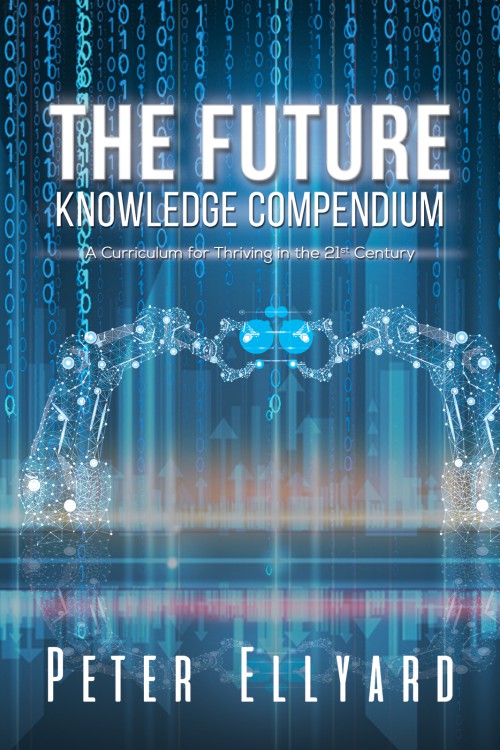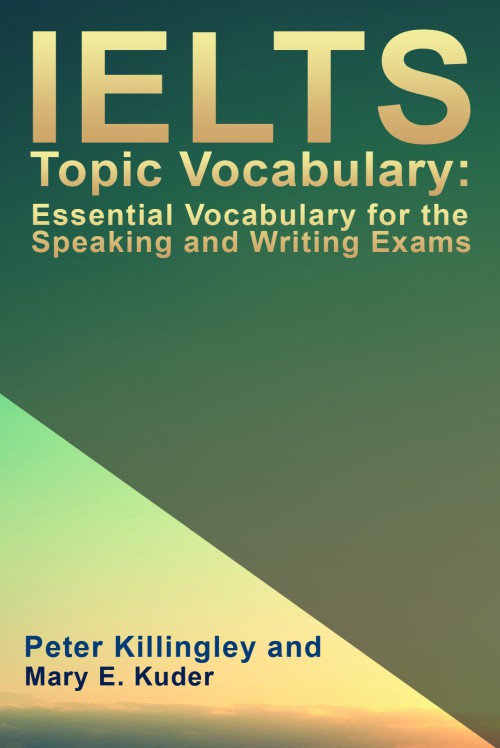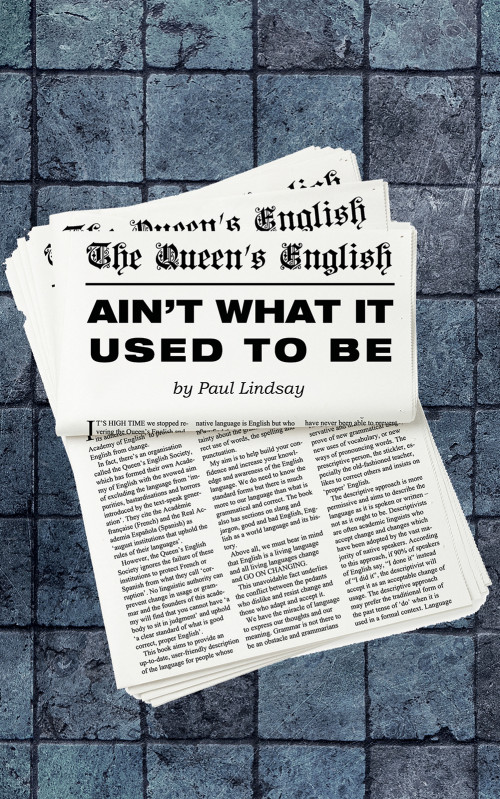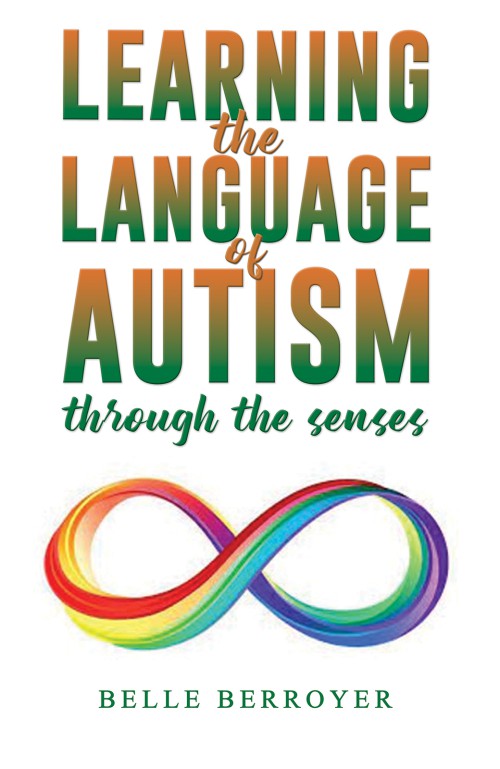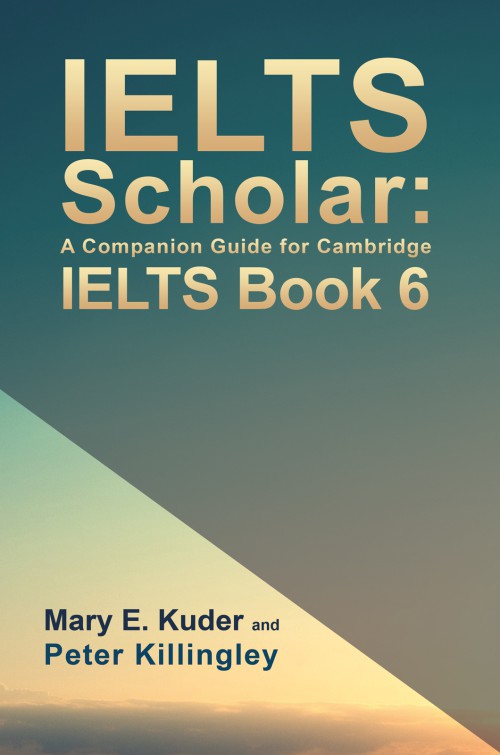Thriving in the 21st Century
Humans have a unique capability to both understand their situation in the world and to envision and act to realise their aspirations in the emerging world. And most of us would welcome knowing how we can become ever more skilful at both understanding, and shaping the future of, our emerging world, so that we can thrive in it. The 21st century is very different from the 20th century. Globalisation, the greatest economic prosperity uplifting machine humanity has ever invented, and mass education, are combining to sweep humanity into an emerging interdependent global village. It is creating a global educated middle class that will number 5 billion in 2030.
In this emerging world, a world where our future prosperity will be increasingly based on metaphysical wealth, on what we know, 20th century nation-first, competitive, win/lose, mindsets and agendas can no longer work. These now yesteryear mindsets will instead undermine our best endeavours, including making our future ever more climate and pandemic safe.
Humanity is now beginning to learn that it now has no option but to adopt planet-first, collaborative, win/win values and mindsets, if it wishes to shape our emerging global village so that it can become liveable for all: ever more prosperous, harmonious, inclusive, sustainable, healthy, and secure. Meeting these challenges successfully will require that humanity innovates for itself a new future knowledge curriculum so that it can economically thrive in a sustainable and humane manner.
Peter Ellyard has asked the question: what would be the contents of such a curriculum? In The Future Knowledge Compendium: A Curriculum for Thriving in the 21st Century, he has sought to answer this question.

